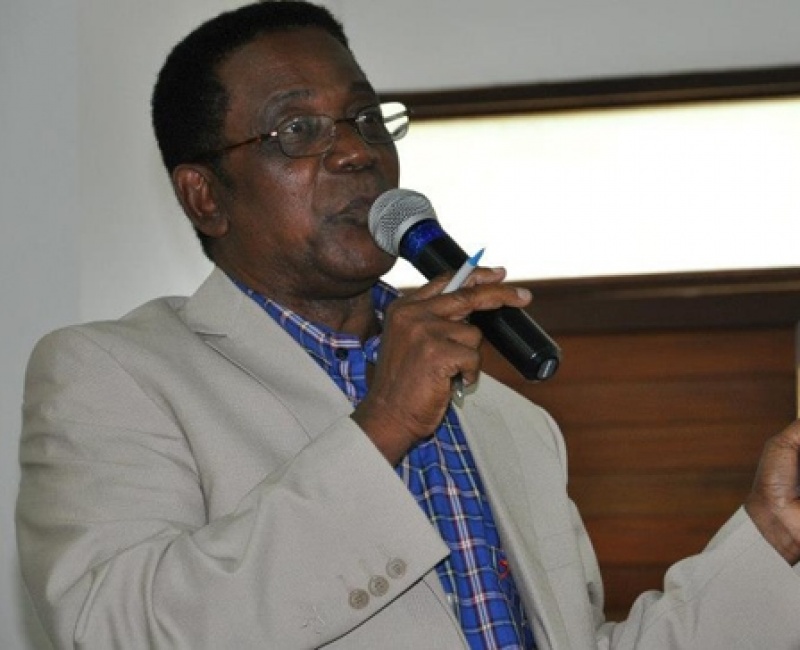The introduction of courses that are considered irrelevant to the needs of Ghana in public universities could be largely attributed to the meagre subventions allocated to them by the government, Professor Kwesi Yankah, Minister of State-Designate of Education (Tertiary), has said.
According to him, apart from the subventions being little, the disbursement of the subventions to the universities is also a factor that resulted in the introduction of these courses as a way of attracting more students to raise revenue to manage the institutions.
Speaking during his vetting by the Appointments Committee of Parliament on Monday, 27 March, Prof Yankah noted that most of the universities have veered off their core mandate for which they were established.
The former Vice Chancellor of the University of Ghana said: “It is quite clear that many universities have evolved over the years and in so doing, they have left behind the original mandates for which they were established. University of Cape Coast was originally for science education, [University of Ghana], Legon started as a liberal arts institution. … They eventually tended to roll out science and engineering programmes from their own experience.
“It looks to me as if the public universities which were originally not struggling for survival have reached the point where they realise that government’s subvention has been going down and has moved away from the original practice where subventions were given even over five-yearly intervals to a point where even the yearly subventions are not coming forth as quickly as expected and they have to negotiate their way through getting subventions.
“So this has compelled them to violate a norm that shouldn’t be violated by many such universities, namely: moving away from the differentiation and diversification that one would expect with several universities. Everybody is developing programmes and courses apart from satisfying the national needs, but largely also to ensure that they survive as a university, that is a very unfortunate development and I think it is one area that we should be looking at.”
Source: Ghana/AccraFM.com


































